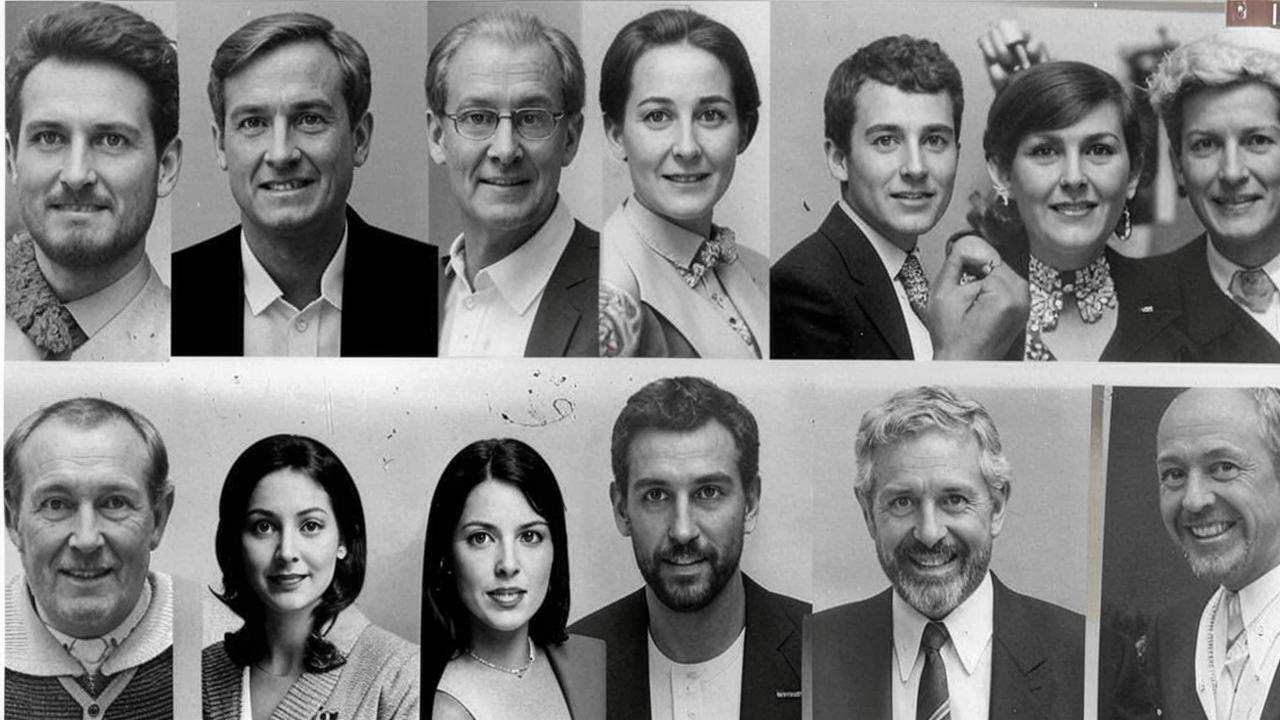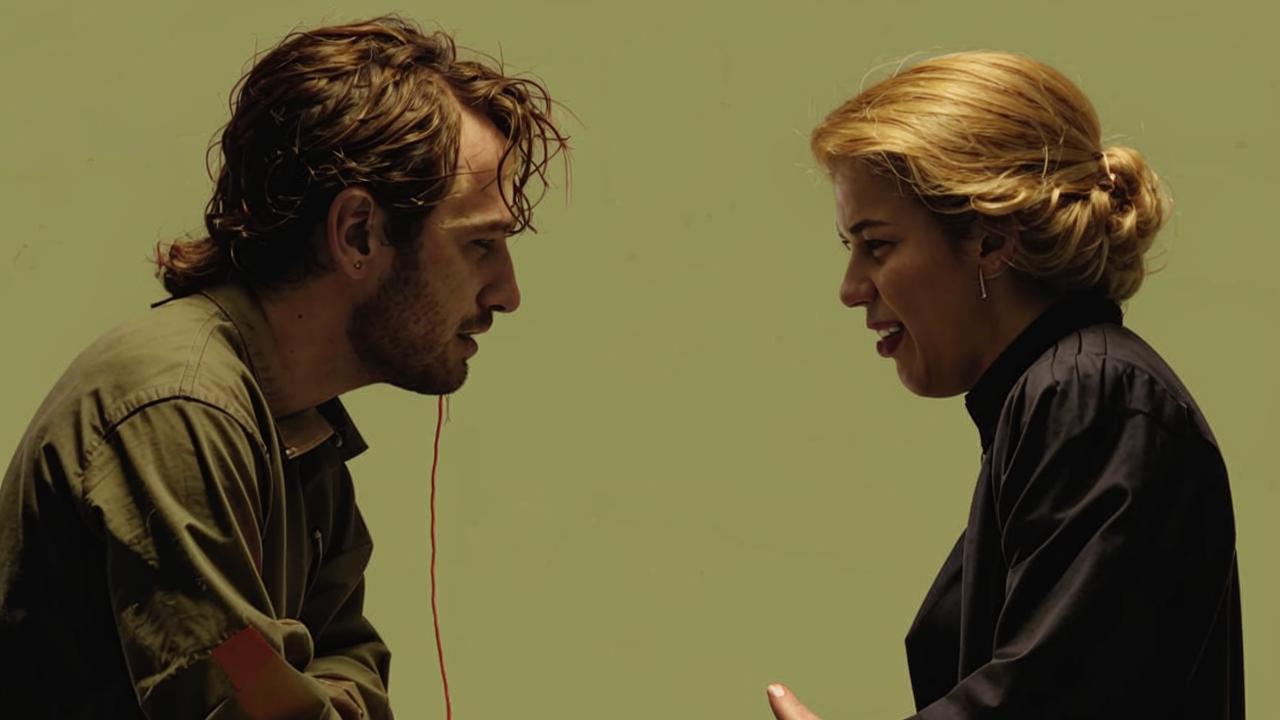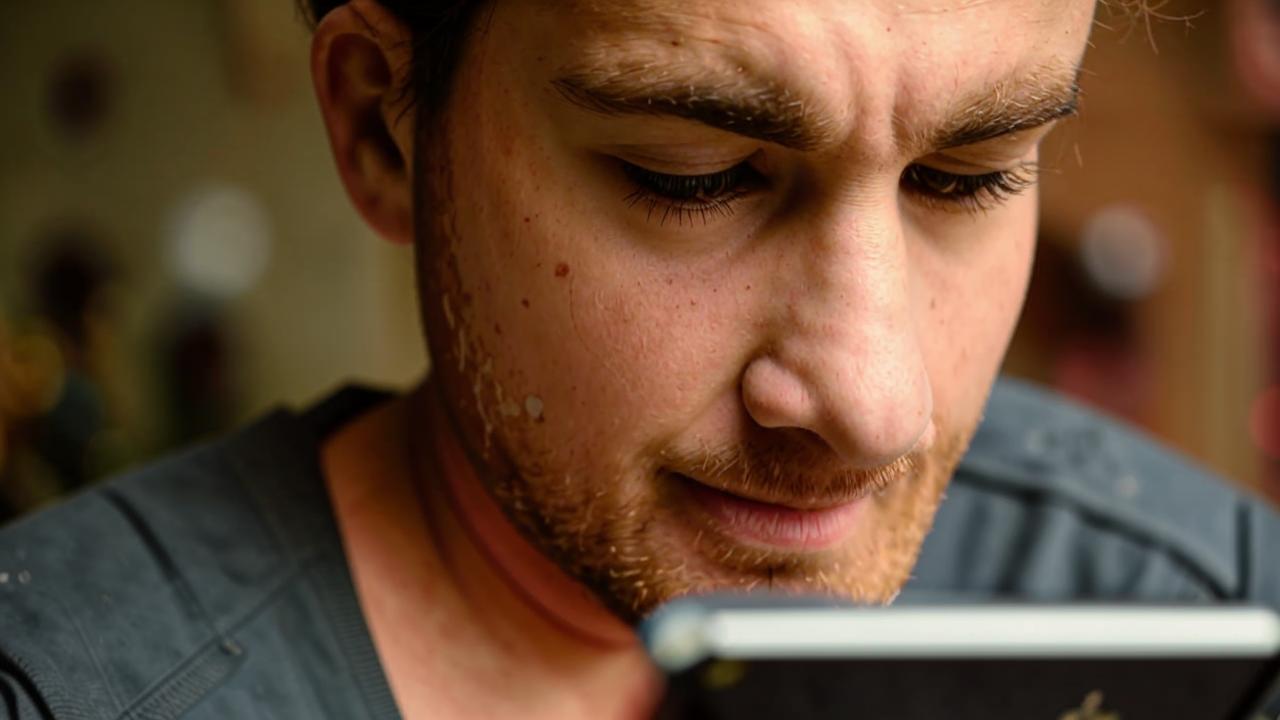
systemic family therapist, expert of the online school of psychological professions “Psychodemia”
“What is toxicity? Dictionaries and websites devoted to biochemistry give us different definitions of this concept. If translated from Latin, toxicity is poisonousness. And when we talk about such an impact, we are talking about the influence of poisonous substances. If we transfer this chemical definition to relationships, we get a ‘poisonous’ form of interaction between people.”
When we talk about toxic substances, we immediately realize that they are harmful to the body. And by this analogy we can conclude that such relationships are just as dangerous for the well-being of the union itself and the people who make it up. Because “poisoning” by threats, violence, aggression and other such “poisons” prevents relationships from developing.
It is important to notice such toxic influences immediately, before they begin to poison the body. Therefore, couples need to learn to be reflective, to look at difficult situations as if from the outside and learn to notice what is happening in the relationship at the moment.
It’s important to see the criteria by which partners can determine that their interactions are truly toxic, and it’s not just the periodic conflicts that are normal for any couple.
Signs of a toxic relationship
These are key indicators by which a couple can notice that their relationship is becoming harmful. How do we usually identify the toxicity of drugs or substances? By the way our condition becomes unhealthy, our sense of well-being deteriorates, perception weakens, mood and energy levels drop.

The same changes will be indicative in relationships. If ordinary life, routine affairs, interactions suddenly become different, you should be wary. Especially when you notice that they have started to deteriorate. In fact, all these moments are very subjective. It is difficult to say exactly how a person can feel something wrong in a relationship. Therefore, it is worth studying a list of more or less reliable factors that can be indicative.
1. aggression
The first thing to look at is how frequent the conflicts in your couple have become.
Do you fight every day, once a week, or do loud, violent scandals happen every month? In doing so, pay attention to how each of your conflicts is going.
What becomes the cause of these scandals, the key indicator that you are starting to fight? It is a small domestic difficulties, emotions or trifles, because of which you previously could not only not fight, but even laughed.
How is the conflict itself? You present each other with claims, agree on how you will solve them, make a plan and then make peace? Or do you pour all emotions on each other, dump aggression, do not solve the conflict, and the resentment after that can last for days? Perhaps one of you even uses emotional or physical abusive behavior?
Relationships in which there is aggression, when one or both partners can afford to take out anger on the other, use physical force, emotional abuse, pressure, blackmail and manipulation, are called toxic.
2- Lack of trust
Note whether uncontrollable bouts of jealousy are present. Is there such that one partner restricts the other’s money, life, behavior, communication, interests? Can he or she take his or her phone without asking, go into correspondences, look at browser history, check financial accounts? Perhaps there is devaluation or criticism of the other’s purchases, salary, spending.
In a relationship where partners are equals, there is trust and a sense of security. If these are not present in your couple (as evidenced by jealousy attacks and controlling the other’s life), then this is the second major sign of a toxic relationship.
When couples come to me, I always ask the same question, “Do you trust each other?” The answer most often is, “Yes.” But at that point, it’s important for me to not only hear it, but to observe what’s going on in the couple.
Where there is truly a toxic relationship and a lack of trust, this answer is pulled out on automatic. It is uttered to give off some socially approved construct. More often than not, I can see fear, shame, or anxiety on one partner’s face that they are about to be disarmed and exposed. It will be discovered that he doesn’t really trust his partner.

3- Emotional fusions
Also along with the lack of trust, I would highlight all sorts of addictions. What is meant here? It’s not only about chemical dependencies, but also about emotional dependencies (co-dependencies) of partners.
That is, these are situations when you physically, morally, mentally, emotionally cannot even imagine existence without another person. You are unable to separate your hobbies from his. Can not relax, giving time to yourself. You don’t know what interests you, what inspires you. The focus is either only on the couple or on the partner.
Perhaps many will ask, what is wrong with sharing a hobby or pastime together? My answer is that there is nothing wrong with it. But an important attribute that I pay attention to is whether the person in the couple has their own time that they are willing and able to spend just for themselves. Whether there are hobbies or for some reason partners are afraid to have them. For example, so as not to neglect or disappoint the other half.
4. Frequent negative emotions
I would also pay attention to the negative feelings you feel when you are in a couple. If shame, guilt prevails, you are constantly worried about what the other person might think (see, feel) wrong, and you are constantly on edge trying to please them, I have bad news… This relationship is toxic for you.
Another “feel-good” factor would be calmness. Try to notice when it shows up. In a toxic relationship, the feeling of calmness comes when the partner is not around. He or she is off to work, out with friends, away on a business trip, or sleeping, for example.
If the feeling of contentment and relaxation only appears when you are alone, but when you are alone together, anxiety increases – this is a clear sign that you are not doing well in the relationship.
5. Social isolation
In addition to internal emotional and sensory factors, you can also look at social factors. What are the markers of toxic partner behavior here?
For example, having a ban on seeing friends. Think about it: compared to before, how often do you see them? How intimate are you? Can you share the most intimate things? Or do your meetings follow a simple script: “Hi, how are you? What’s new?”. You take a few photos together and then go your separate ways….

Can you go on a business trip without scandals? Is it realistic to go and sing karaoke with colleagues after work? Can relatives come to visit you? Has there become less social contact?
If, after answering these questions, you realized that now it’s as if you are isolated from others (less socializing, interacting with them), this is also one of the signs of a toxic relationship.
Consequences of a toxic relationship
A toxic relationship has two kinds of consequences. The first is for the couple. The second is for each of its members. If we talk about the consequences for the couple, it is always deterioration of the relationship, scandals, resentments. Perhaps – financial or household losses.
If there is a child in the family, it entails negative consequences, including for his psyche.
The couple stops growing, developing, loving each other, living the happiest moments. People harm each other.
If we talk about each partner, the consequences of a toxic relationship are always a psychological or emotional disorder. A person starts to feel anxiety, powerlessness, sadness, sadness more often. This takes a lot of energy, causes pain. The person stagnates.

After a toxic relationship, people come to the psychologist with requests such as loss of self-esteem and confidence. And this is really true. After all, in a toxic relationship, when one partner negatively affects the other, most often such tools as devaluation, aggression, ridicule, shaming are used. All of this comes from a loved one we trust. Therefore, we begin to doubt ourselves and our successes. It seems to us that we are unworthy.
Naturally, such negative emotional experiences can not help but affect physical health.
A person starts sleeping less, worrying more. He does not allocate time for himself. Classes that previously brought pleasure and filled with energy, are abandoned. There is stagnation at work. A person may not take complex projects, not develop and thus lose not only the trust of the manager, but also income.
The negative consequences of toxic relationships also include the restriction of personal freedom. When the will is suppressed, it is very difficult for us to understand where our desires are sincere and where they are imposed by the partner. That’s why it’s very hard for people coming out of toxic relationships to build an inner support. They have to re-learn to listen to themselves, their emotions, their desires. It’s very hard for them to realize what they really want now, because more often than not, their desires have been devalued.
How to get out of a toxic relationship?
Unfortunately, people who have been in toxic relationships for a long time rarely seek help on their own. Why? In a relationship with a toxic person, it’s hard to see the full picture and admit to yourself that there is actually a problem.
Most often, help is sought when the relationship has ended and people find themselves with broken self-esteem, poor physical and emotional health, and a complete lack of understanding of what to do next.
If you are currently in a relationship and have discovered the first signs of toxicity in the relationship, I recommend taking the following steps.
The first step is to realize that there is indeed such a problem in your life. To really see that the relationship now is not what you went into originally, that it is causing you pain, anxiety, and discomfort. It’s important to recognize that it doesn’t feel like that to you and it’s not just about “your partner’s bad mood” or other temporary circumstances. The truth is that the relationship itself is making you unhappy.

The second step is to build personal boundaries with the other person. What are we talking about? Simply put, personal boundaries are how we are not allowed to be treated.
For example, you are not allowed to raise your voice or use certain words towards yourself. You can’t be blackmailed, devalued, ridiculed. It is about the limit of actions towards you that you consider acceptable. When a couple is just starting a relationship or they have been in a relationship for a long time, but now there is another crisis, it is very important to set these boundaries. It is necessary to talk through the rules of communication, to approve the norms of interaction with each other. It is important to do this calmly, peacefully, with respect.
And there is another very simple, working, but at the same time labor-intensive tool – communication. It is important that partners talk to each other, that they can tell each other what they are worried about and what they want.
If the previous methods did not work, you can get out of a toxic relationship by turning to a specialist. Family psychologist will help to see from the outside the key points of pain, to identify discommunication. He is also able to become a kind of conditional interpreter in the couple. Help to hear each other.
Most of us want calm, comfort, tenderness, trust, love, warmth, and growth in our relationships. These are some of the most common reasons why people form couples. To fulfill this need, it’s important to learn how to build healthy, supportive relationships. The kind where we don’t feel fear, sadness, grief, anxiety about our partner. When we can be ourselves, show our vulnerability, relax, trust and get that emotional charge.






